Successful Conclusion of the Third World Local Production Forum in Abu Dhabi
Abu Dhabi, United Arab Emirates – April 10, 2025 – The third edition of World Local Production Forum concluded successfully in Abu Dhabi, United Arab Emirates, bringing together key decision-makers, industry leaders, international organizations, and technical experts to discuss the critical role of local production in advancing global health equity, health security, and sustainable development.

Held under the theme “Advancing Local Production for Health Equity, Global Health Security and Sustainable Development”, the three-day forum took place from April 7 to 9, 2025, and witnessed the participation of top government officials, pharmaceutical and healthcare industry leaders, and stakeholders from across the world.
In his closing remarks, His Excellency Dr. Thani bin Ahmed Al Zeyoudi, Minister of State for Foreign Trade and Chairman of the Emirates Drug Establishment (EDE), reaffirmed the UAE's commitment to advancing local pharmaceutical production. He emphasized that the UAE is rapidly solidifying its position as a leading global hub for pharmaceutical innovation and advanced healthcare technologies, noting that local production has become not only a healthcare priority but also a strategic development imperative.
“We are pleased to host this global forum in partnership with the World Health Organization, reflecting the UAE's deep commitment to expanding local manufacturing capabilities, supporting research and development systems, and maintaining the highest quality standards in the production and distribution of medical products,” His Excellency stated.
He added, “Our National Strategy for Advanced Innovation enables us to integrate modern technologies such as artificial intelligence, big data, and smart manufacturing into all stages of healthcare production, while maintaining our commitment to environmental sustainability.”
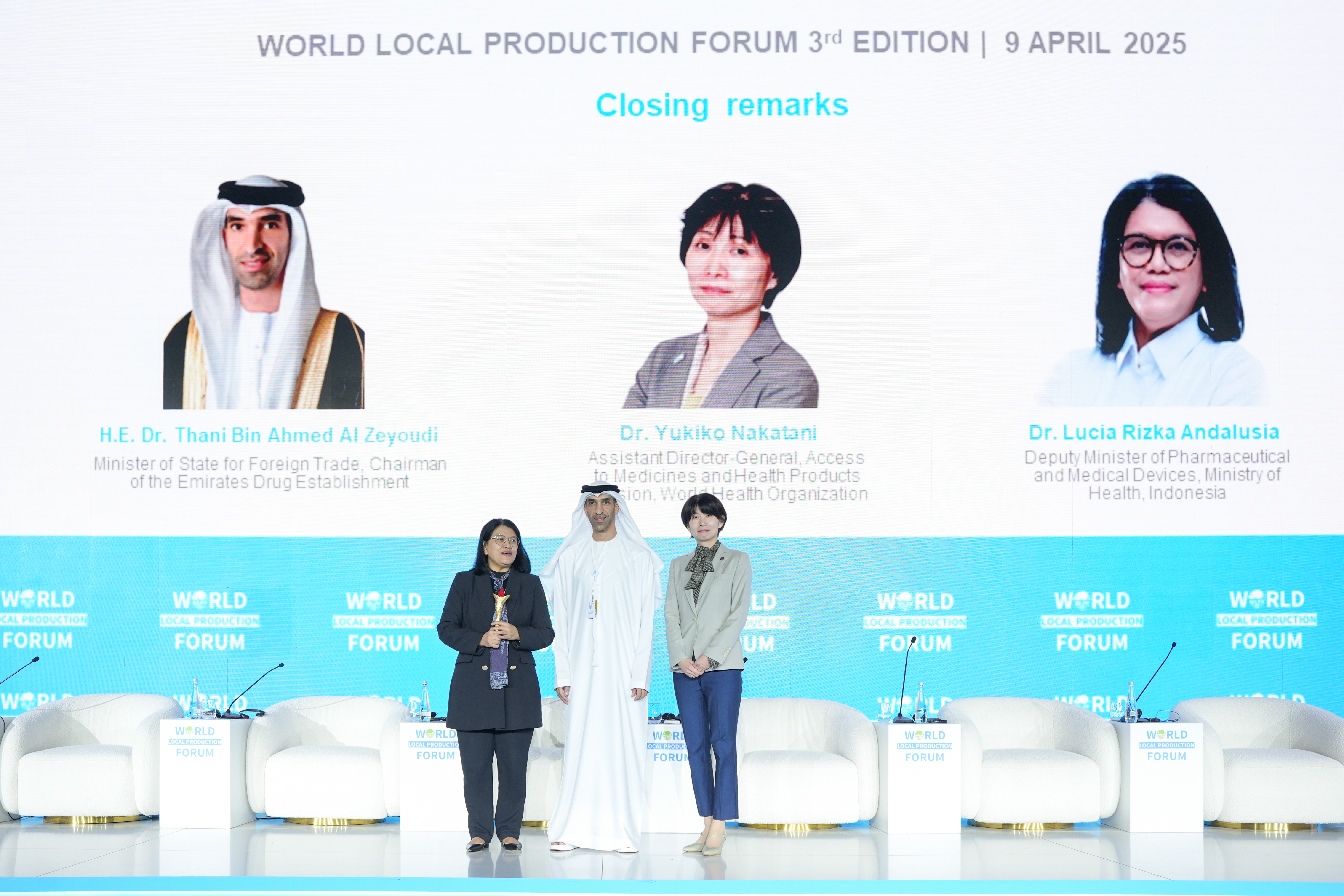
Concluding his address, H.E stressed the importance of purposeful international cooperation, stating, “Through this forum, we affirm that international collaboration is the path to constructive change. By linking investment to innovation and policy to impact, we can build a more inclusive and resilient healthcare system that serves communities everywhere.”
Her Excellency Dr. Fatima Al Kaabi, Director General of Emirates Drug Establishment (EDE), also delivered remarks during the forum, underscoring that the UAE is leading by example in building resilient and innovative pharmaceutical ecosystems capable of addressing evolving healthcare needs. “Hosting the World Local Production Forum is a testament to the UAE's progress in the pharmaceutical manufacturing sector,” she said. “We believe that investing in local capabilities is the cornerstone for ensuring health security and equitable access to essential treatments.”
Dr. Yukiko Nakatani, Assistant Director General for Access to Medicines and Health Products Division at the World Health Organization, highlighted the global relevance of the forum, stating, “This forum comes at a critical time as health systems worldwide face growing challenges in ensuring timely and equitable access to essential health products. Strengthening local production is a foundational pillar for building more resilient healthcare systems, and the UAE provides a good example with holistic approach for other countries and regions.”
The forum featured a robust program of discussions across eight key thematic areas, including policies and regulatory frameworks for strengthening local production systems; innovative strategies for financing and investment; the promotion of research, innovation, and technology transfer across the pharmaceutical value chain; and pandemic preparedness through expanded manufacturing capacity, demand forecasting, and emergency financing.
Additional themes included the integration of artificial intelligence, digital transformation, and climate adaptation in transforming local manufacturing; the formation of strategic partnerships to support sustainable local production and epidemic preparedness; knowledge sharing through case studies of successful country-level initiatives; and the CEO Forum, which convened global executives to explore the pharmaceutical industry's role in shaping public health outcomes.
Her Excellency Dr. Al Kaabi also participated in a high-level panel titled “Localizing Pharmaceutical Innovation”, which brought together members of the PharmaGroup, representing 29 global pharmaceutical companies, and the Mycomed Association, which includes around 70 companies in the medical device and equipment sectors. During the session, Dr. Al Kaabi presented the vision of the Emirates Drug Establishment (EDE) to position the UAE as a global center for pharmaceutical innovation through the attraction of top talent, advanced technologies, and investment into the sector. She emphasized the role of pharmaceutical manufacturing in supporting economic diversification, knowledge economy transformation, and long-term healthcare system resilience.
Dr. Ashraf Malak and Dr. Dederick Koh,also speaking at the forum, highlighted the Pharmage Association's 20-year legacy in the UAE and its contributions to the availability of modern and innovative treatments. They commended the Emirates Drug Establishment (EDE) for its role in shaping a forward-thinking regulatory and industrial environment that is achieving tangible impact across the sector.
In another panel session, global health leaders explored the future of equitable access to medicines, regional manufacturing, innovation ecosystems, and pandemic preparedness.
Dr. Luis Pizarro, Executive Director, Drugs for Neglected Diseases initiative (DNDi) addressed the importance of health equity and the moral imperative to focus on neglected populations and diseases. He reflected on DNDi's work in building collaborative R&D platforms and promoting affordable access to life-saving treatments. “The innovation ecosystem must serve those most in need. That means patients in the most vulnerable contexts must be central to our R&D agendas,” he emphasized. He mentioned strategies for strengthening local capacities to make local production a reality. First, he highlighted the importance of not just discussing technology transfer, but ensuring that countries also possess the necessary technological know-how to implement and sustain it. “We cannot speak about technology transfer without ensuring the know-how is in place,” he said. Secondly, he stressed the need to invest in human capital—developing local expertise and skills to drive innovation and production. Finally, he called for the design of health solutions that are relevant to the needs of local populations, underscoring the importance of defining a target product profile that aligns with regional contexts and public health demands.
Dr. Asma Ibrahim Al Mannaei, Executive Director, Research and Innovation Center, Department of Health – Abu Dhabi presented Abu Dhabi's strategic vision for health innovation, emphasizing the Emirate's commitment to becoming a regional leader in research and development, clinical trials, and health technology advancement. “Our vision is to position Abu Dhabi as a hub for health innovation in the region,” she affirmed. Dr. Al Mannaei highlighted a range of forward-looking initiatives, regulatory modernization, and the adoption of data-driven health solutions. She also emphasised the UAE's exemplary performance during the COVID-19 pandemic, noting that Abu Dhabi was ranked the number one most resilient city in pandemic crisis management. This success, she said, was achieved through strong collaboration between local and international entities, transforming the Emirate into a logistics and solutions hub for the region. Through these coordinated efforts, the UAE facilitated the delivery and management of over 260 million doses of vaccines to countries in need, showcasing its global solidarity and logistical excellence. She stated the importance of R&Dand local production to ensure long-term sustainability and self-reliance in health systems, ultimately safeguarding the region.
Mr. Robert Matiru, Director of Programmes at UNITAID, emphasized the importance of moving beyond rhetoric to showcase tangible partnerships that have advanced local production capacity for equitable access to health tools. Highlighting the benefit of collaborations, Matiru explained how UNITAID structured a partnership that brought together critical resources. A catalytic $10 million investment—modest in scale but significant in impact—was mobilized under the Access to COVID-19 Tools (ACT) Accelerator. This funding enabled partnerships with diagnostic manufacturers in the UK (Mologic, now Global Access Diagnostics) and South Korea (Bionote), facilitating rapid technology transfer and know-how sharing. With this support, IPD developed the capacity to manufacture lateral flow COVID-19 rapid tests, meeting global regulatory and quality standards. Before this initiative, Africa imported approximately 90% of its rapid tests—amounting to over half a billion tests annually for diseases like HIV and malaria. This collaboration helped shift the paradigm: IPD expanded its production capacity to 75 million rapid tests per year, significantly enhancing self-reliance in diagnostics. “This is a prime example of how thoughtful, well-structured partnerships—combining financing, technology transfer, and strategic market planning—can empower local manufacturers to play a key role in global health security,” Matiru concluded.
Mr. Rajinder Kumar Suri, CEO, Developing Countries Vaccine Manufacturers Network (DCVMN) shed light on the indispensable role of developing countries' vaccine manufacturers in pandemic response and preparedness. He discussed the lessons learned from COVID-19 and how vaccine equity was undermined by global supply chain gaps and overreliance on a few manufacturers. “We cannot afford to repeat the mistakes of the past. Strengthening regional manufacturing hubs, especially in the Global South, is critical for timely access during future pandemics,” Mr. Suri stated. He advocated for technology transfer mechanisms, better regulatory alignment, and long-term funding strategies that empower regional players.
Mr. Guilherme Cintra, Head of Policy, Coalition for Epidemic Preparedness Innovations (CEPI) shared CEPI's vision for advancing equitable vaccine development and distribution in the face of future health emergencies. He highlighted CEPI's commitment to building robust, end-to-end R&D ecosystems that span from early-stage innovation to large-scale delivery. Underscoring the importance of collaboration, he stated, “The concept of self-reliance is an illusion—we need to depend and help each other.” He emphasized the need for inclusive, cooperative approaches where regional stakeholders are not merely recipients but active contributors within global innovation pipelines, ensuring that solutions are shaped by and for the communities they serve.
As part of her engagements during the forum, Her Excellency Dr. Fatima Al Kaabi, conducted a visit to the Adcan Pharma manufacturing facility. During the meeting with the factory's management, both parties explored avenues for enhanced coordination and collaboration aimed at supporting the growth and sustainability of the local pharmaceutical manufacturing ecosystem. The discussions focused on reinforcing national capabilities and fostering innovation across the production value chain.
The third edition of the World Local Production Forum received comprehensive support from the Emirates Drug Establishment, in close cooperation with the World Health Organization and a broad network of international partners. It served as a dynamic platform for government leaders, policymakers, investors, and industry experts to address critical issues related to sustainable local production and global health security.
Key outcomes from this Forum included4077participantsfrom 141 countries, 16 ministersand Engagement of over 229international speakersrepresenting government agencies, health institutions, regulatory bodies, and the private sector.
This reinforced the UAE's steadfast commitment to fostering global partnerships that accelerate local production capacities, ensuring equitable access to healthcare solutions worldwide. It also highlighted the country's growing prominence as a global hub for life sciences, pharmaceutical innovation, and advanced health technologies.
In a symbolic gesture marking the end of the forum, the hosting torch was officially handed over to the Republic of Indonesia, which will host the fourth edition of the World Local Production Forum in 2026. This transition reflects the spirit of international cooperation and continued momentum toward achieving inclusive, resilient, and sustainable health systems across the globe.
-Ends-






















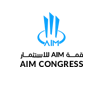
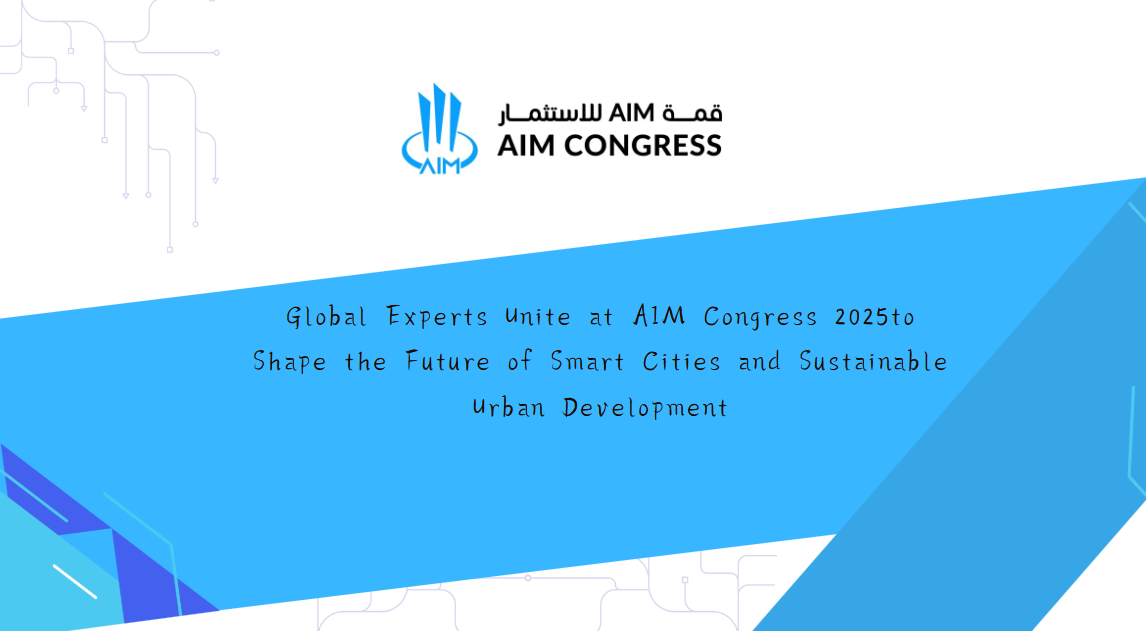
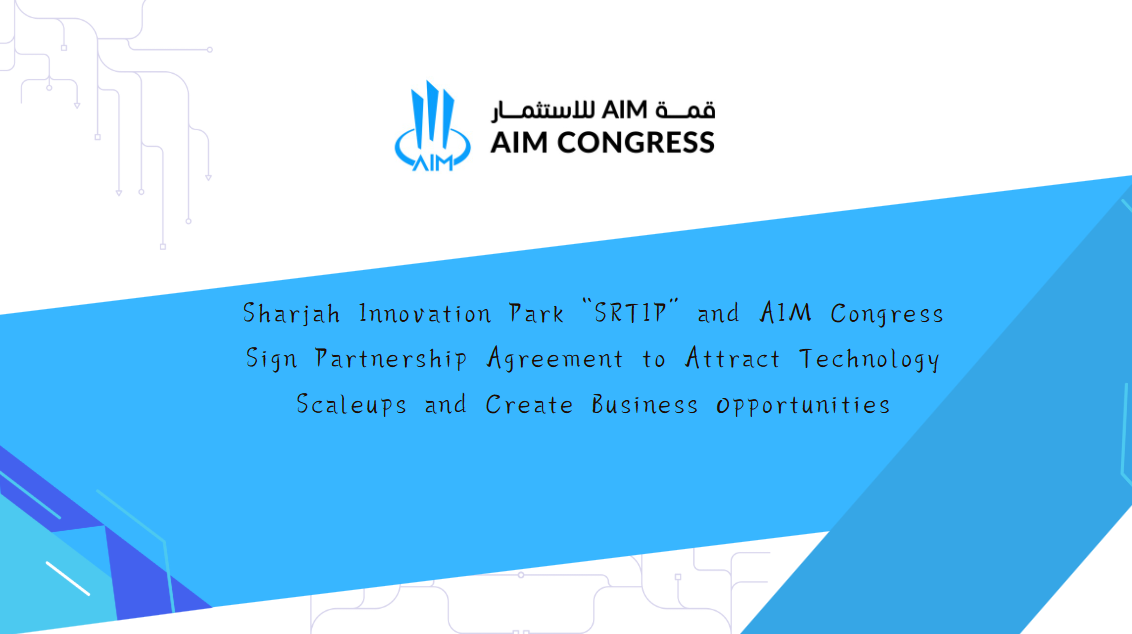
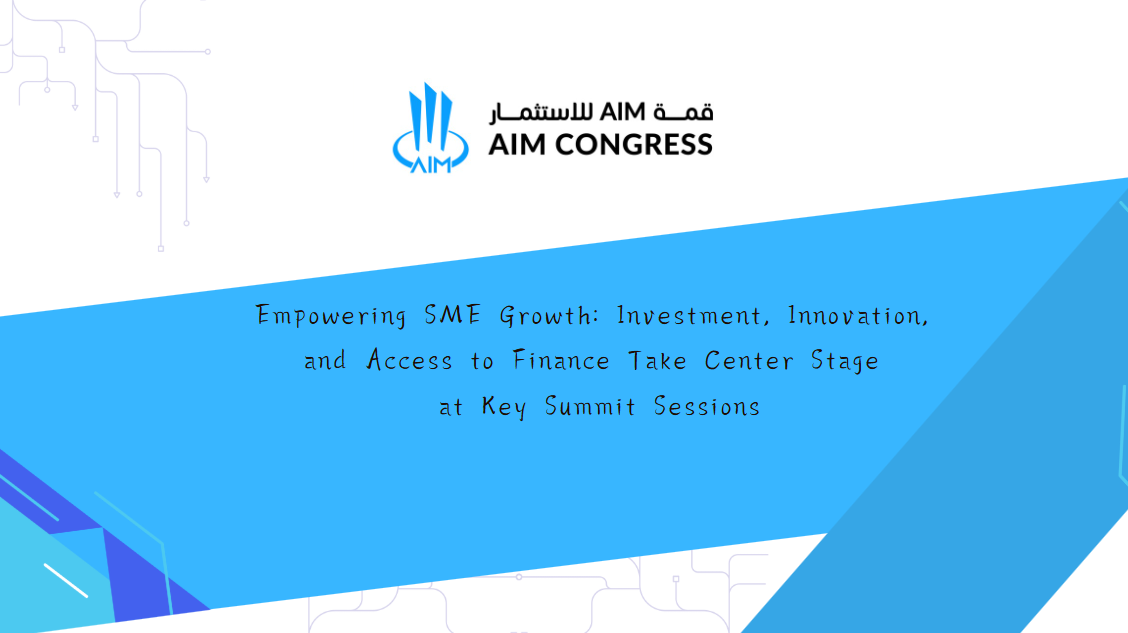
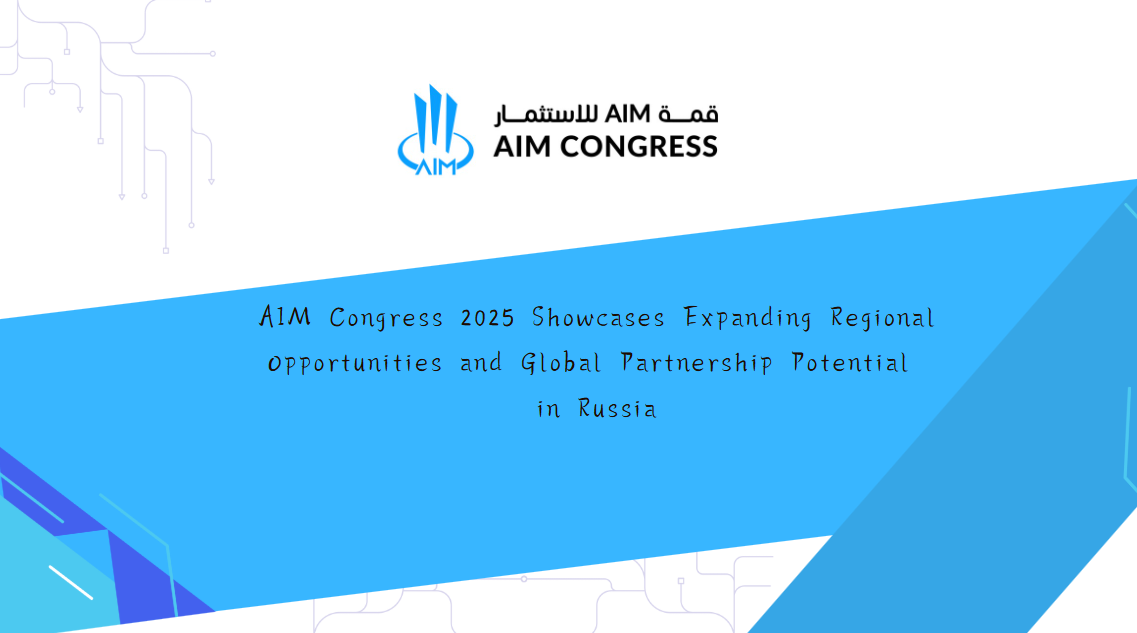


























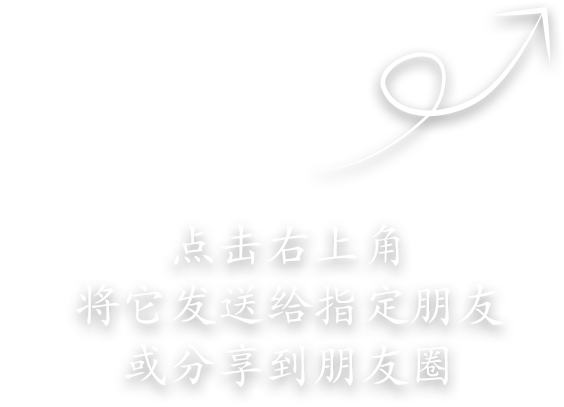
First, please LoginComment After ~